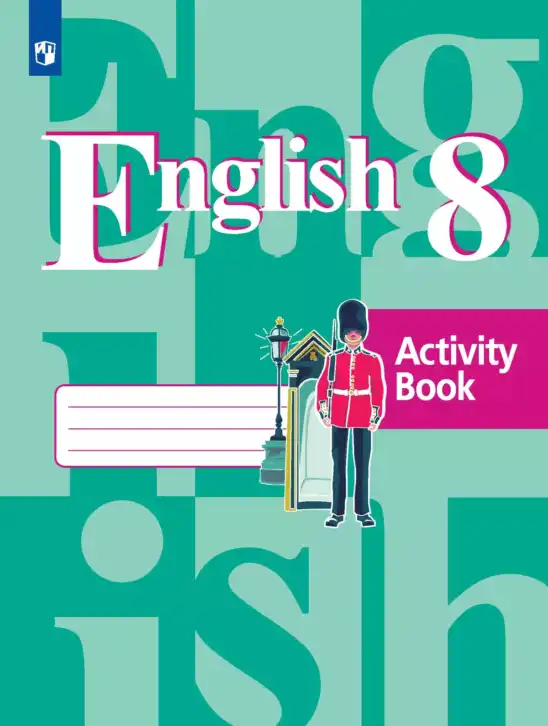Номер 1, страница 135 - гдз по английскому языку 8 класс учебник Кузовлев, Лапа

Авторы: Кузовлев В. П., Лапа Н. М., Перегудова Э. Ш., Костина И. П., Кузнецова Е. В., Дуванова О. В., Кобец Ю. Н.
Тип: Student's book (Учебник)
Издательство: Просвещение
Год издания: 2014 - 2026
Цвет обложки: зелёный, бирюзовый с солдатом
ISBN: 978-5-09-036048-7
Рекомендовано Министерством образования и науки Российской Федерации
Популярные ГДЗ в 8 классе
Присоединяйтесь к Телеграм-группе @top_gdz
ПрисоединитьсяМы подготовили для вас ответ c подробным объяснением домашего задания по английскому языку за 8 класс, для упражнения номер 1 расположенного на странице 135 к Учебник (Student's book) 2014 года издания для учащихся школ и гимназий.
Теперь на нашем сайте ГДЗ.ТОП вы всегда легко и бесплатно найдёте условие с правильным ответом на вопрос «Как решить ДЗ» и «Как сделать» задание по английскому языку к упражнению №1 (с. 135), авторов: Кузовлев (Владимир Петрович), Лапа (Наталья Михайловна), Перегудова (Эльвира Шакировна), Костина (Ирина Павловна), Кузнецова (Елена Вячеславовна), Дуванова (Ольга Викторовна), Кобец (Юлия Николаевна), ФГОС (старый) учебного пособия издательства Просвещение.

























